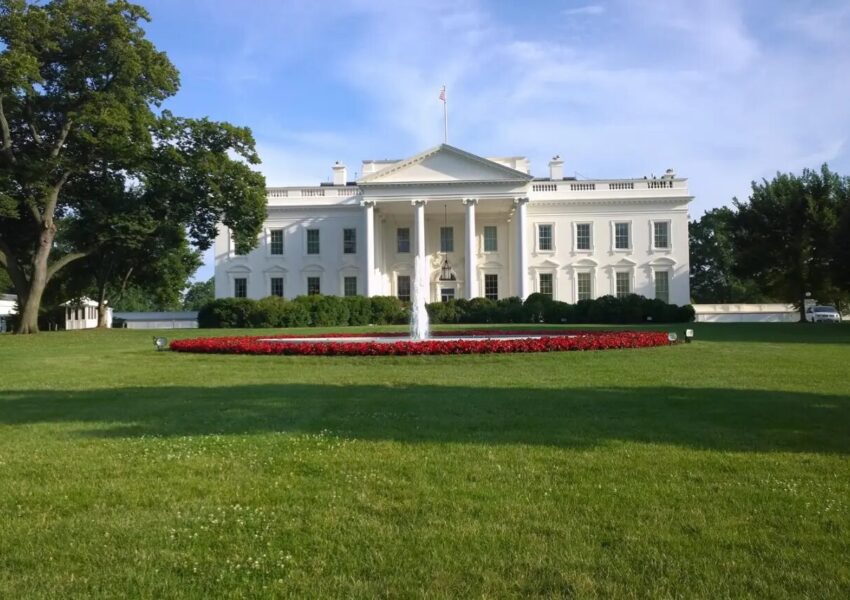The White House has announced a $40 billion fund to help close the digital divide and bring broadband internet to all Americans.
The US has a massive digital divide between the quality of internet individuals in city and metropolitan areas enjoy versus what is available in rural communities. President Joe Biden has made closing that divide one of his administration’s top goals.
The White House announced the fund Monday, emphasizing the importance of high-speed internet to daily life:
High-speed internet is no longer a luxury – it is necessary for Americans to do their jobs, to participate equally in school, access health care, and to stay connected with family and friends. Yet, more than 8.5 million households and small businesses are in areas where there is no high-speed internet infrastructure, and millions more struggle with limited or unreliable internet options. Just like Franklin Delano Roosevelt’s Rural Electrification Act brought electricity to nearly every home and farm in America, President Biden and Vice President Harris are delivering on their historic commitment to connect everyone in America to reliable, affordable high-speed internet by the end of the decade.
Today, the Department of Commerce announced funding for each state, territory and the District of Columbia for high-speed internet infrastructure deployment through the Broadband Equity Access and Deployment (BEAD) program—a $42.45 billion grant program created in the Bipartisan Infrastructure Law and administered by the Department of Commerce. This announcement—the largest internet funding announcement in history—kicks off the three-week Administration-wide Investing in America tour, where President Biden, Vice President Harris, First Lady Jill Biden, Cabinet members, and Senior Administration Officials will fan out across the country to highlight investments, jobs, and projects made possible by President Biden’s economic agenda.
According to the press release, each state will receive a minimum of $107 million, with individual awards ranging from $27 million to $3.3 billion. A total of 19 states will receive more than $1 billion, with the top 10 including Alabama, California, Georgia, Louisiana, Michigan, Missouri, North Carolina, Texas, Virginia, and Washington.

